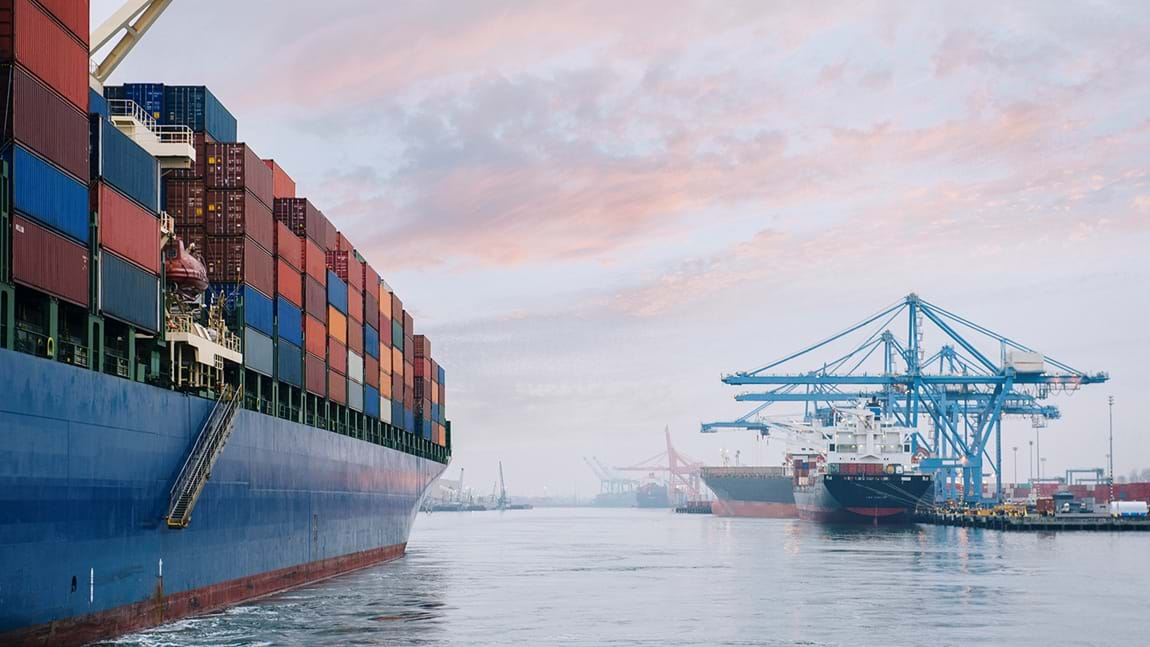New record: Exports create jobs for 825,000 Danes
Never before have Danish exports created so many jobs in Denmark. Two-thirds of these jobs depend on sales to the EU’s single market, highlighting just how crucial the EU is for Danish companies and the Danish economy, says the Confederation of Danish Industry.
In 2018 Danish exports created jobs for 825,000 Danes – and that is a new record, shows a new analysis from the Confederation of Danish Industry. Figures show that Denmark’s growth over the past 20-30 years has followed the fluctuations of global growth, but also that about two-thirds of exports today go to other EU countries.
“The EU is of immense significance for Danish exports,” says Peter Bay Kirkegaard, Leading Senior Advisor at the Confederation of Danish Industry.
He has no doubt that exports and employment would be much worse off if Denmark were not a member of the EU. There are three main reasons for this:
“First of all, as a member of the EU we have free access to the single market, which is one of the world’s largest markets, slightly larger than the US a few years ago, without taxes or other barriers. Secondly, the EU has entered a large number of trade deals with countries outside the EU, including Japan and Canada, and this means that Danish companies have access to these markets as well,” explains Peter Bay Kirkegaard.
See also: New figures: European slump bypasses Denmark
65,000 jobs threatened by Brexit
A significant number of export-related jobs in Denmark depend on trade with the UK. A total of 65,000 jobs are at stake, both in export companies and other businesses that supply goods and services to export companies.
The chaos surrounding Brexit is currently creating great uncertainty regarding that part of Danish exports, but the situation is far worse for British companies than for Danish companies, which do, after all, have other markets to focus on, according to Peter Bay Kirkegaard.
“The UK assumed they would able to replicate the trade agreements the EU has made with other countries. Although the UK is a big country, they cannot negotiate with anywhere near the same leverage as a unified EU, and that means that a country like Japan is not compelled to offer them the same advantageous terms,” he says.
See also: New figures: Danish exports defy global headwinds
Denmark can’t negotiate alone
The same would be true for Denmark if the country were not a member of the EU.
“We would find ourselves in the same situation as Norway, for example, which may be able to negotiate a very narrow agreement for fish sales in China. But export markets today are far more complex – and for a small, export-dependent economy such as Denmark’s, that kind of minor agreement wouldn’t be of much use,” he emphasises.
Today the EU has trade agreements with well beyond one hundred nations. These include wealthy countries, where agreements ensure better trade conditions for EU countries, and developing countries, where agreements ensure fair trading opportunities for these countries in the EU market.
EVENT
Join us for an EU debate at Vestas
On 26 May Danes will vote in the European Parliament elections.
The parliament will have a major impact on Danish companies and their ability to create growth and jobs in Denmark.
DI and CO-industri are therefore hosting a debate focussing on business policy with the election’s lead candidates.
The debate is free and will take place at Vestas in Ringkøbing.
Register here.


